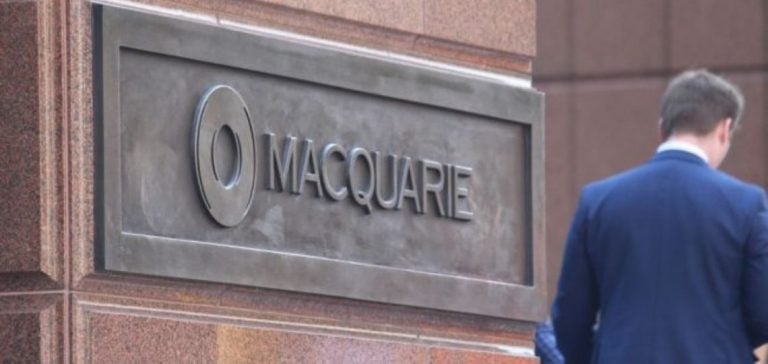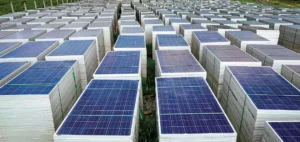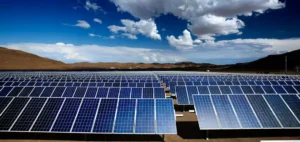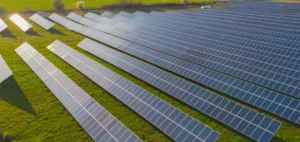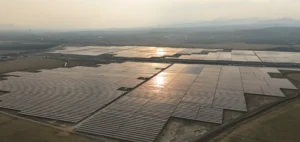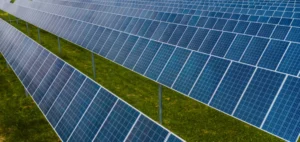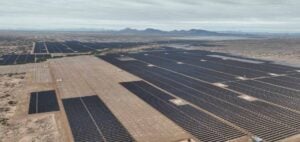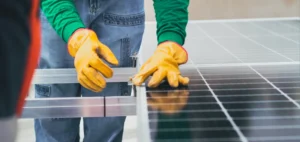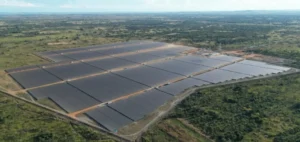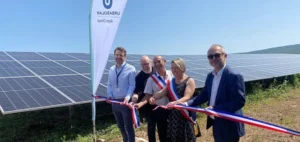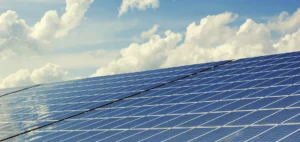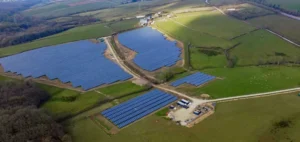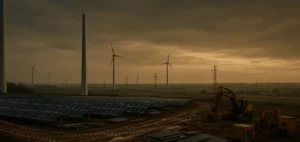Macquarie Group, through its Macquarie Asset Management division, has committed to invest up to US$1.73 billion in D.E. Shaw Renewable Investments (DESRI).
This investment, which is still subject to regulatory approval, enables Macquarie to secure a minority stake in the renewable energy subsidiary of the American group D.E. Shaw, which specializes in the development and operation of clean energy projects.
This partnership is part of Macquarie’s drive to diversify its energy portfolio and capitalize on growth opportunities in the sector.
DESRI, which currently has 10 gigawatts of installed generation capacity across 24 U.S. states, also has a development pipeline of over 25 gigawatts.
This strategic investment enables Macquarie to join forces with a major player in the renewable sector in the United States, a market that is expanding rapidly thanks to the growing demand for low-carbon electricity.
A booming renewable energy market
Macquarie’s investment comes at a time when the need for renewable energy continues to grow, despite global economic tensions and rising borrowing costs.
The renewable energy sector in the United States is attracting increasing amounts of capital, both from institutional investors and large industrial groups.
DESRI, as a developer and operator of renewable assets, is positioning itself as a key player in the US energy transition, offering solar and wind power solutions to meet this demand.
Macquarie’s participation in DESRI reflects a broader trend towards consolidation among players in the renewable energy market.
By partnering with developers such as DESRI, institutional investors are looking to capture market share while maximizing their return on investment in a sector where growth prospects are underpinned by pro-carbon energy policies.
Growth prospects for the renewable energies sector
The growth of renewable energies in the United States is fueled in part by public incentives, such as federal tax credits for solar and wind power.
This dynamic has accelerated the deployment of the infrastructure needed to meet national climate targets.
Although the growth of renewable energies is promising, there is no shortage of challenges, particularly in terms of access to finance and supply chain management, which are suffering from the effects of inflation and geopolitical disruption.
However, these challenges have not deterred major companies like Macquarie, which see the expansion of clean energy as a long-term investment opportunity.
The development of large-scale renewable projects, such as DESRI’s, could help secure the new power generation capacity needed to meet rising energy demand, while reducing dependence on fossil fuels.
Macquarie and DESRI: a strategic alliance
The partnership between Macquarie Asset Management and D.E. Shaw Renewable Investments comes at a time when the U.S. renewable energy market is undergoing a major transformation.
DESRI is recognized for its ability to develop large-scale projects, while ensuring their long-term operation.
By joining this dynamic, Macquarie is not only making a financial investment, but also a strategic choice to position itself sustainably in the green energy infrastructure sector.
This collaboration could also pave the way for further investment opportunities for Macquarie in the clean energy sector, as demand for decarbonized projects continues to grow.
By diversifying its energy portfolio, Macquarie is positioning itself to capture some of the value created by the rapid expansion of renewable energies in the United States and other key markets.

